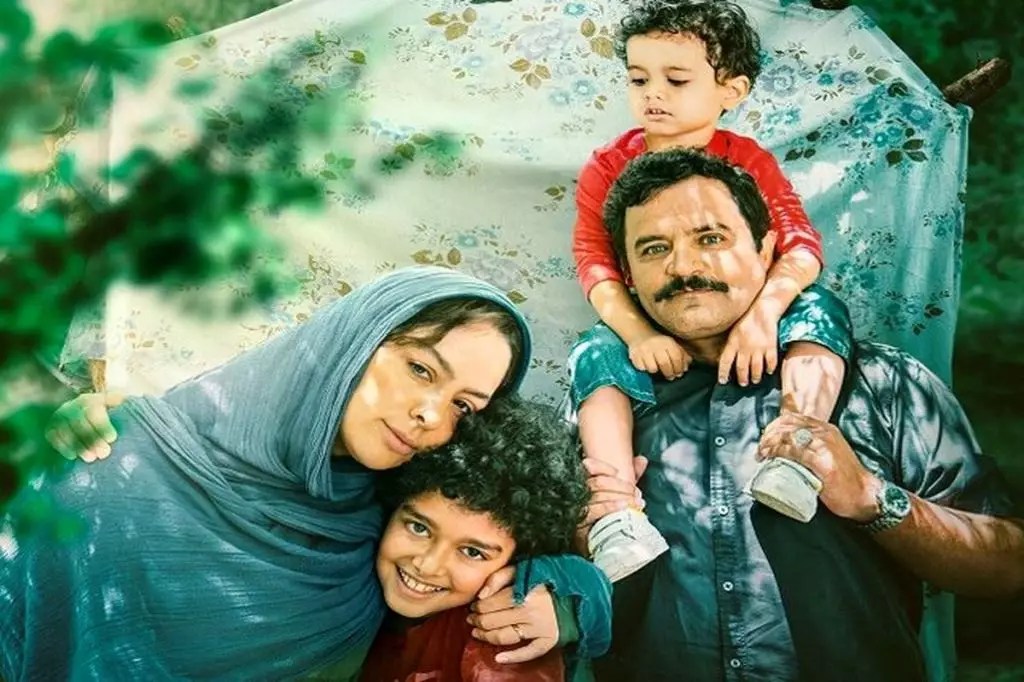At the prestigious 97th Academy Awards, Iran has made a notable choice with its submission of “In the Arms of the Tree” for the Best International Feature Film category. The decision, announced by the Farabi Cinema Foundation, showcases not only Iran’s cinematic talent but also its cultural richness. This film selection process spanned ten days and engaged a nine-member committee tasked with choosing a worthy contender from a rigorous shortlist. The prominent ability to craft storytelling that resonates beyond borders highlights the importance of such selections in representing national identity on a global stage.
The Journey of “In the Arms of the Tree”
Directed by Babak Lotfi Khajepasha, “In the Arms of the Tree” follows the tumultuous life journey of its protagonists, Kimia and Farid. This narrative explores the complexities of their twelve-year marriage, which, in its unraveling, threatens to upend the innocence of their children who have been raised in a world filled with simplicity and kindness. The film not only showcases the delicate nature of familial relationships but serves as a poignant exploration of how personal crises can have ripple effects on the next generation.
Screened at prominent festivals like the Shanghai International TV Festival and the Fajr Film Festival, the film has begun to establish its cinematic credentials globally. The story’s profound implications extend beyond individual suffering, inviting audiences to reflect on their own familial bonds and the influences of adult decisions on the purity of childhood.
Iran’s selection process for the Academy Awards has become competitive and introspective over the years. The inclusion of other finalists such as “Isatis,” directed by Alireza Dehghan, and “The Silent City,” directed by Ahmad Bahrami, indicates a diverse pool of cinematic storytelling. Each film presents unique narratives that highlight international perspectives while addressing local socio-political nuances.
This year’s approach reflects a strategic commitment to elevate Iranian cinema on the global stage while adhering to the artistic merit recognized by international platforms. Such selections are critical, especially as they enable a narrative that goes beyond propaganda, inviting viewers into the heart and struggles of life within Iran, often overshadowed by political rhetoric.
As Iran enters the race, the competition is poised to be fierce. Recently, France submitted “Emilia Pérez,” a Spanish-language musical directed by Jacques Audiard, which revolves around a cartel leader employing complex tactics to redefine her identity. With a strong ensemble cast, this film has garnered significant accolades, including a Best Actress award at Cannes.
Norway’s selection, “Armand,” directed by Halfdan Ullmann Tøndel, also embodies a blend of cultural richness and cinematic innovation. This film not only marks Ullmann Tøndel’s impressive debut but also pays homage to his cinematic lineage as the grandson of Liv Ullmann and Ingmar Bergman. The narrative’s depth alongside its notable premiere in Cannes signifies the rising caliber of Norwegian cinema on an international scale.
Moreover, Germany’s submission of “The Seed of the Sacred Fig” by Iranian director Mohammad Rasoulof adds another layer of complexity. Rasoulof’s work, born from personal upheavals in his home country, symbolizes the resilience of filmmaking as both an art and a form of protest against oppressive regimes. His move to Germany amidst legal challenges highlights the often perilous journey many filmmakers endure to share their stories.
The Academy Awards serve not merely as the pinnacle of cinematic achievement but as a pivotal platform for cultural representation. Through the lens of films like “In the Arms of the Tree,” audiences are afforded an intimate glimpse into the lives, struggles, and narratives from around the world.
As countries rally to showcase their best, the impact extends beyond the confines of film, fostering a deeper dialogue about human experiences that transcend borders. In that light, the selection of “In the Arms of the Tree” is not just a competitive entry but a testament to the power of storytelling—a celebration of resilience, love, and the intricate web that binds families together in the face of adversity.


Leave a Reply